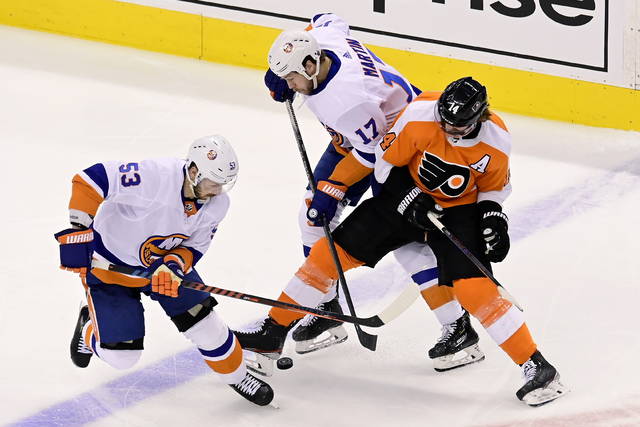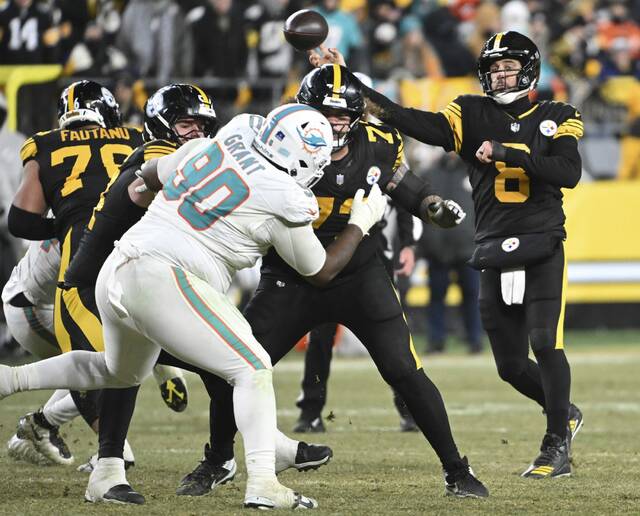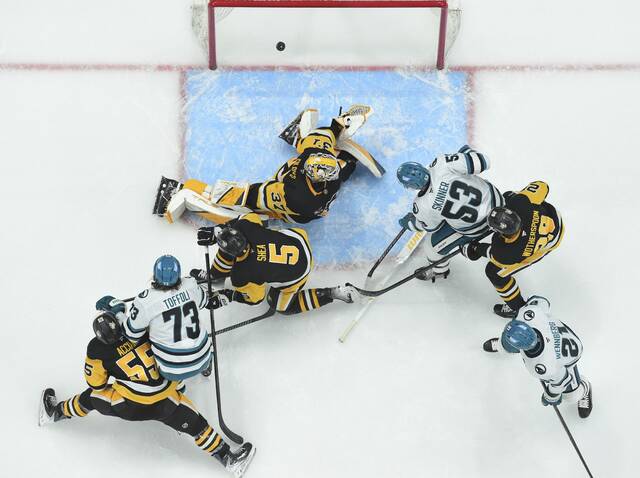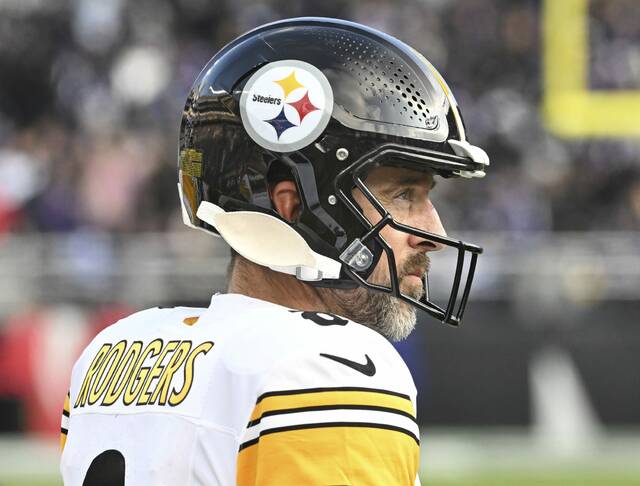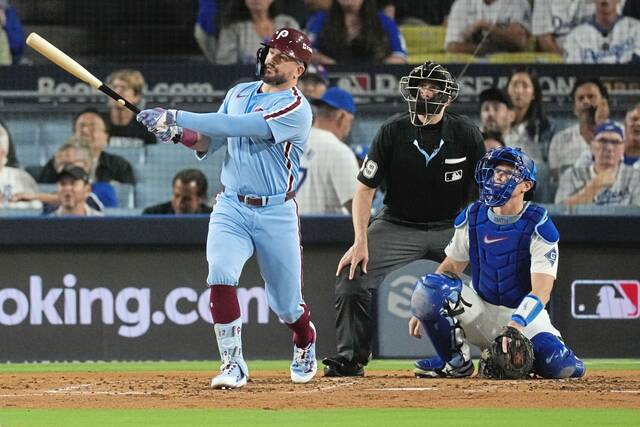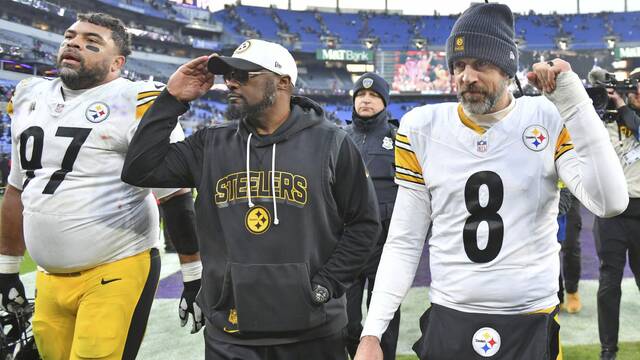There’s a lot to like about the New York Islanders.
The Islanders have Philadelphia on the brink of elimination, leading the Flyers three games to two in their second-round series. Both Flyers victories came in overtime, and after the Islanders had rallied from deficits of three and two goals, respectively.
That either reflects the Islanders’ dominance or bodes ominously for their inability to put the Flyers away. At any rate, stop the presses: Claude Giroux scored. (Sounds like fake news, but no: Giroux’s goal Tuesday was his first in 15 playoff games. Does he still have that baton?)
The Islanders have humiliated Toronto by getting better after losing phony superstar John Tavares to the Maple Leafs via free agency in 2018. With Tavares, the Leafs have remained mediocre: Haven’t won a Stanley Cup since 1967, or a playoff series since 2004. That’s despite having more resources than any team in the NHL over that span.
Toronto should have spent the $77 million they gave Tavares on a few defensemen instead.
The Islanders have made Washington look dumb, too. The Capitals inexplicably nickel-dimed coach Barry Trotz after winning the Stanley Cup in 2018, so Trotz joined new general manager Lou Lamoriello in Brooklyn (or Long Island, or Queens, or wherever). The Islanders ascended, the Capitals declined. Those facts got confirmed in the teams’ first-round playoff series this year.
Todd Reirden succeeded Trotz as Washington’s head coach, got fired last week, and is now back in Pittsburgh as an assistant. Reirden previously filled that role with the Penguins from 2010-14. Reirden worked with the defense and power play. The Penguins’ power play converted 20.3% of the time during that period, ranking third in the NHL. That was prior to the arrival of Phil Kessel, the team’s perceived man-advantage messiah. Reirden is a good hire.
The Islanders are a good team. They’re older than you think, with an average age of 29. But center Matt Barzal, 22, is legitimately an emerging star. If the Islanders KO the Flyers Thursday night, their defensive style would be a handful for high-octane Tampa Bay in the Eastern Conference final.
Therein lies the problem.
The NHL is a copycat league. When the Penguins won Stanley Cups in 2016 and ’17, the whole league got faster. The Penguins got overhauled in that department. They were the NHL’s fastest team. Now they’re not even close. (But think they are. Therein lies another problem.)
The Islanders play a suffocating defensive style. They forecheck tightly and control the neutral zone even more so. They allowed just eight goals in five games against high-octane Washington in the first round. The Flyers have produced a bit more, but were held to zero, one and two goals in their three losses during the current series.
Trail the Islanders at any point, and you’re in trouble. They manage leads well and goaltender Semyon Varlamov, while largely a product of the Islanders’ system, is doing his part.
The Islanders are an intriguing team, especially during this postseason.
But they’re not much fun to watch. If they spawn imitators, the NHL will be less fun to watch.
Nobody’s blaming the Islanders. Winning is what counts, and any team that keeps advancing when the alternative is escaping the bubble deserves credit (and maybe psychoanalyzed).
But the Penguins made the NHL get faster. If the Islanders make the NHL get more defensive, and if the trap becomes more widespread, that’s bad news. It would especially be bad news for the Penguins, who exited at the hands of those Islanders and those tactics in 2019, then got done in by Montreal’s Xerox thereof in these playoffs.
Did coach Mike Sullivan not have an answer to the foe’s shutdown tactics? Perhaps he did, but his team (and especially his stars) refused to adjust.
Stay tuned, because the Penguins will see a whole lot of that moving forward.


